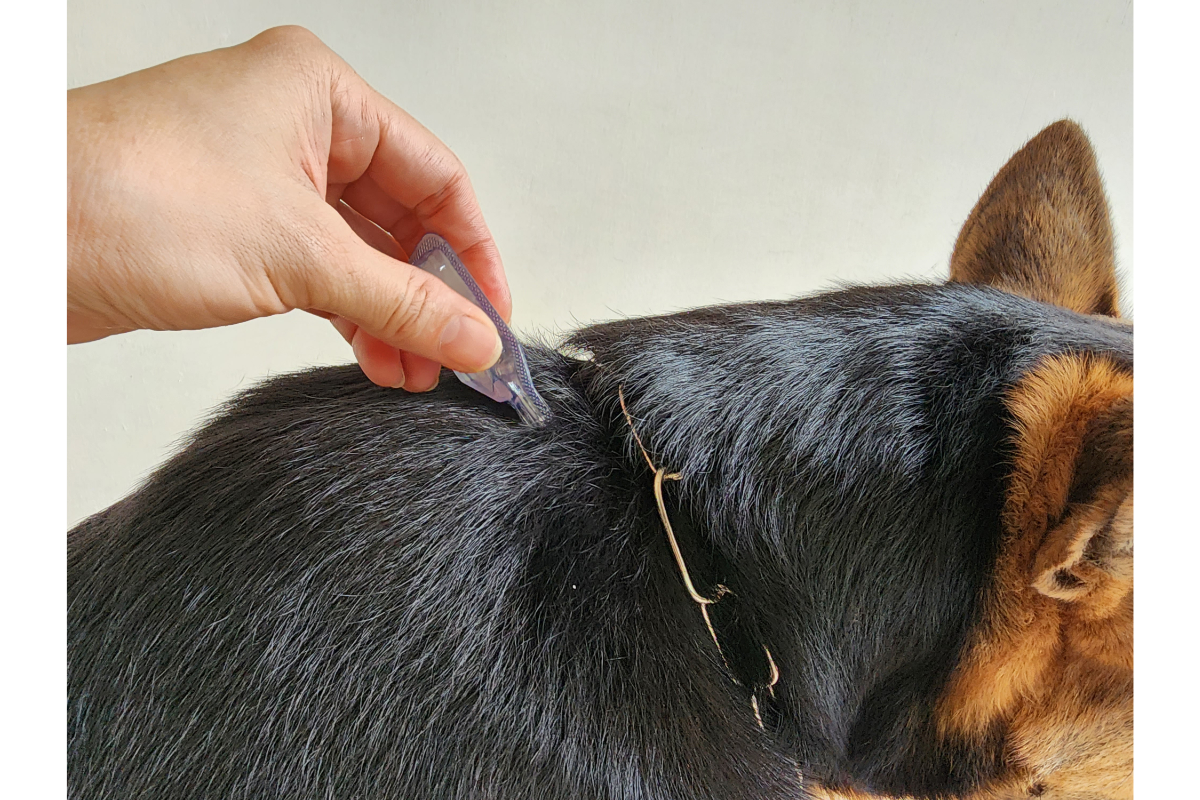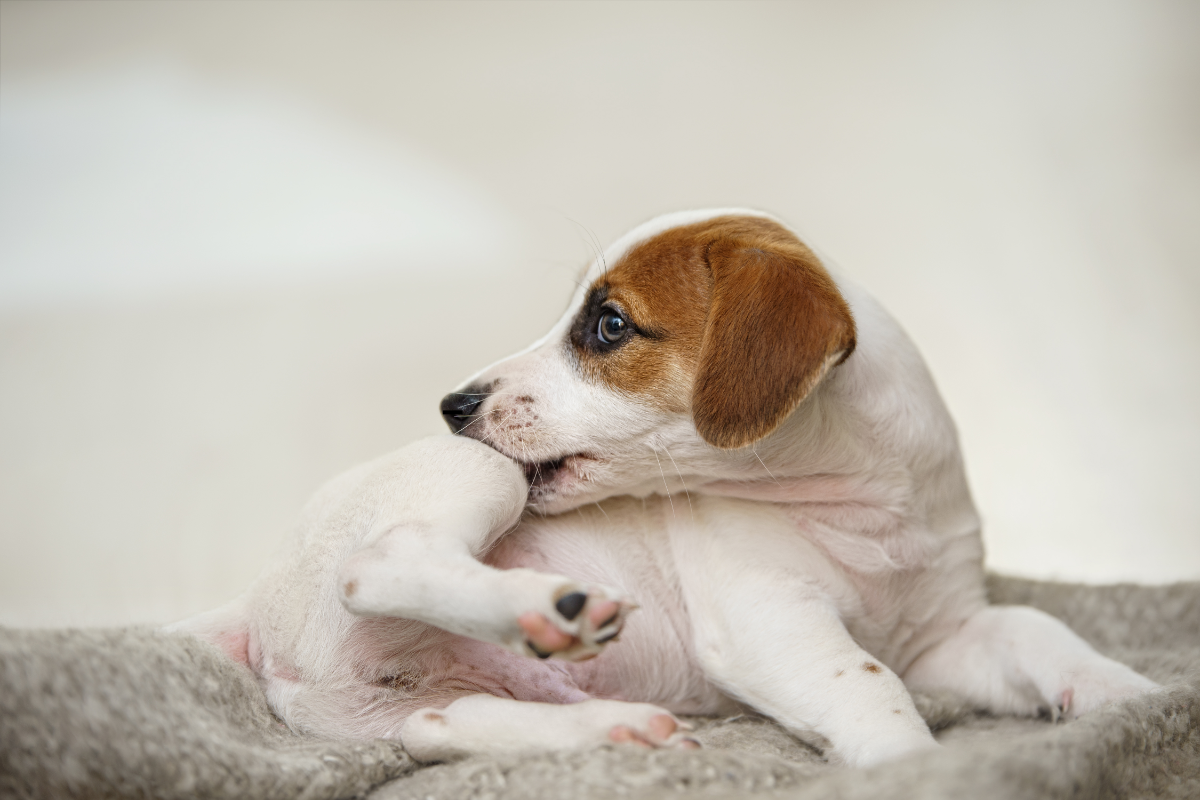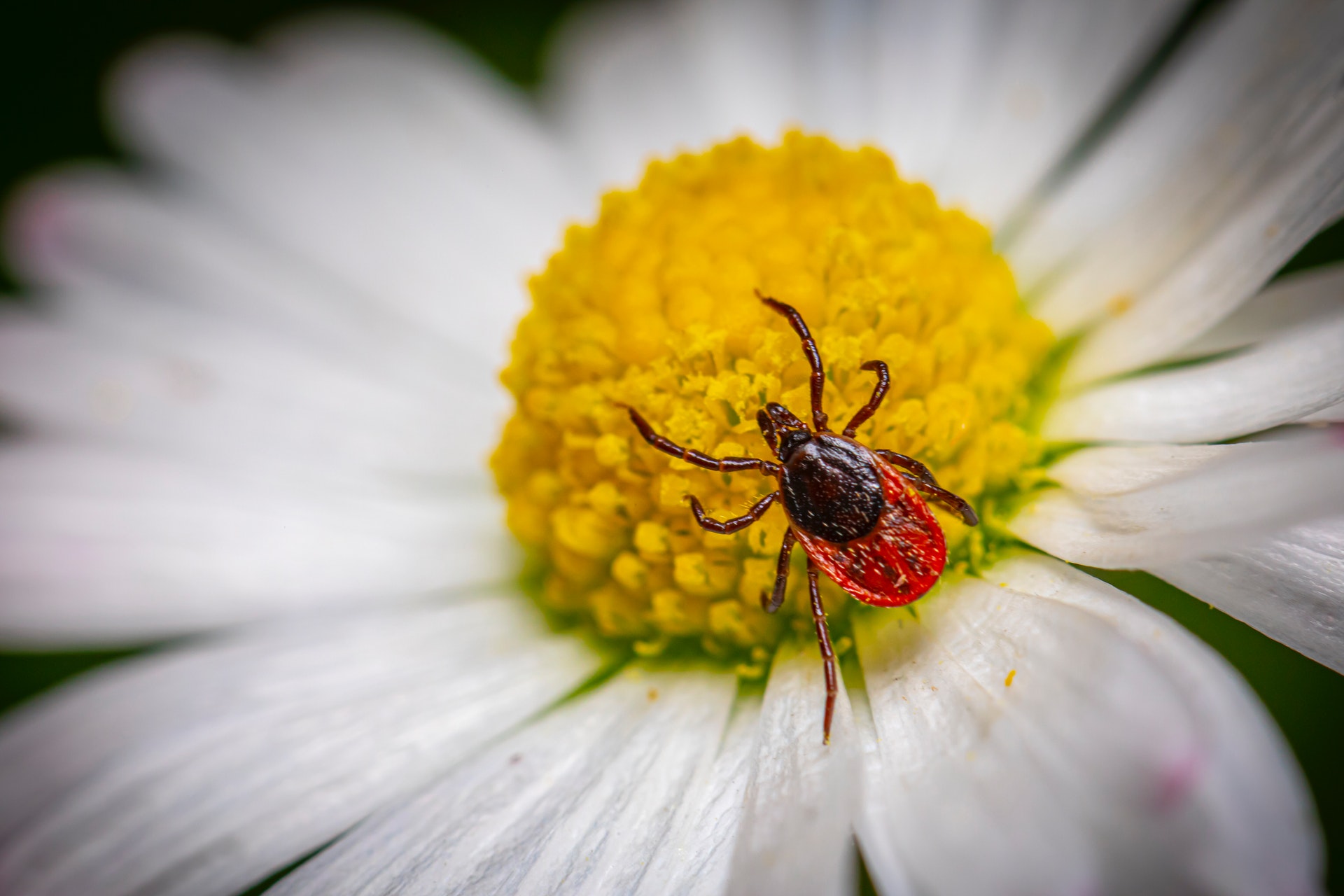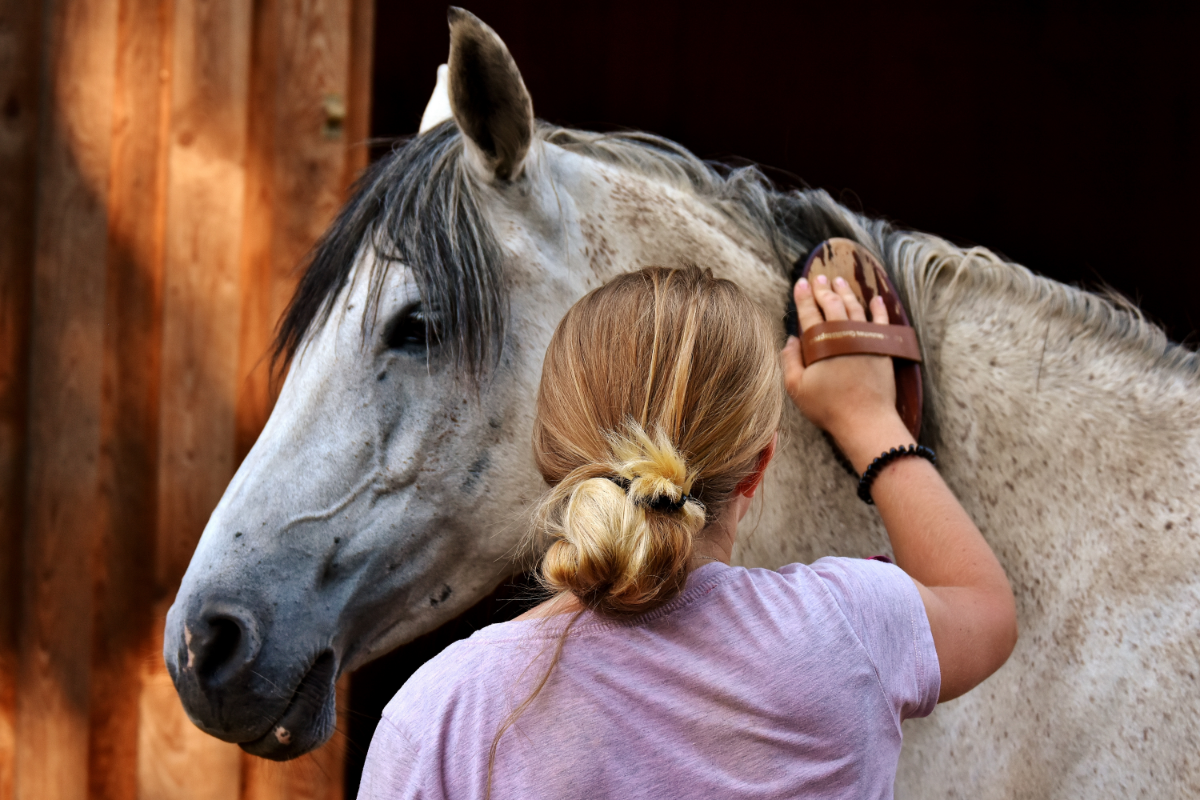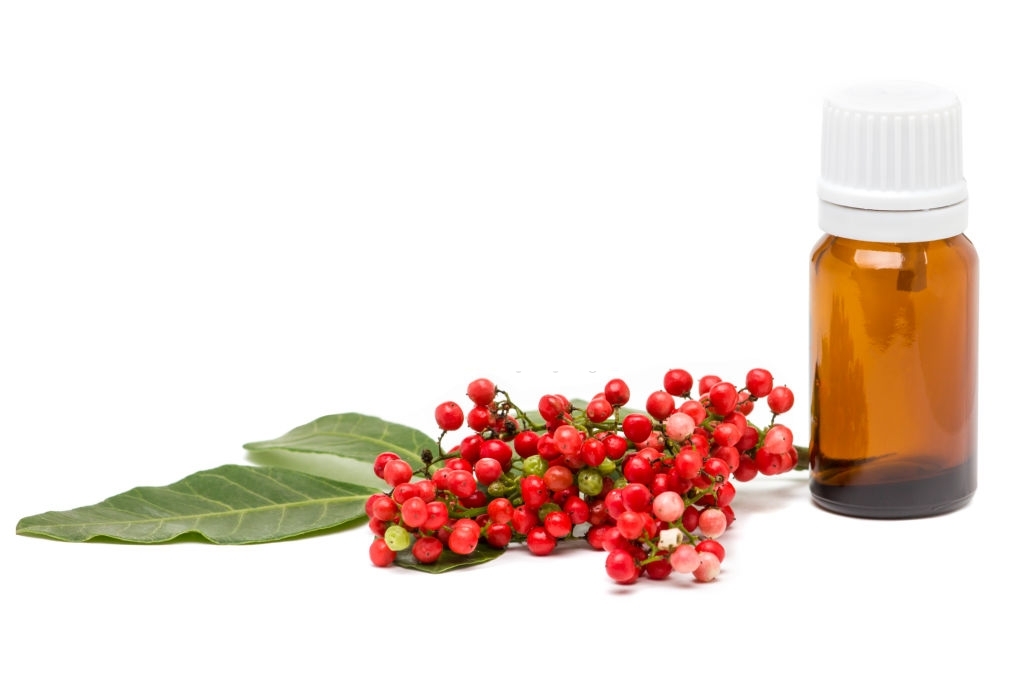Recognising Lyme disease in horses
Lyme disease, also known as borreliosis, is an infectious disease that affects both humans and animals, particularly horses. Although non-contagious, this tick-borne vector-borne infection can cause a range of symptoms in equines, from fever to neurological damage. In this article, we will explore the causes, symptoms, diagnosis and treatment of Lyme disease in horses, as … Read more





